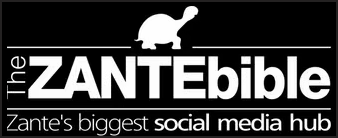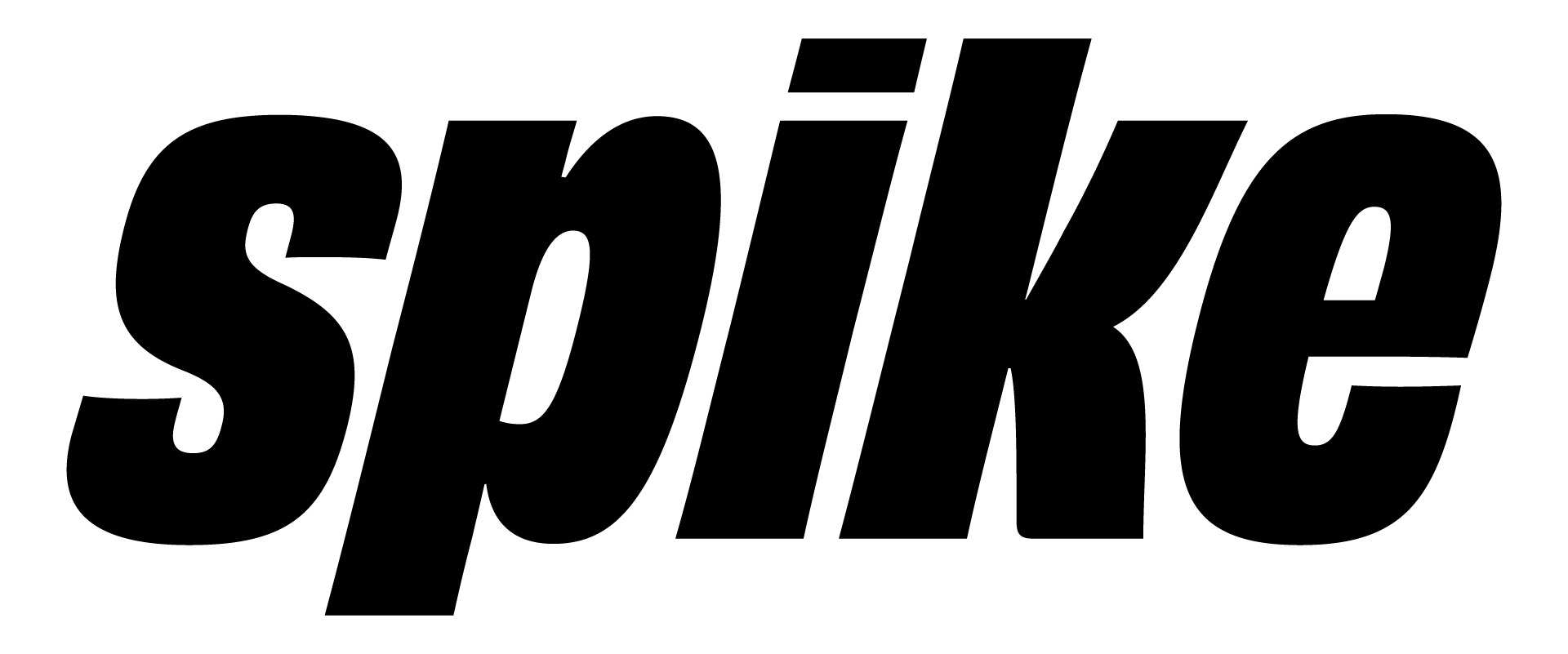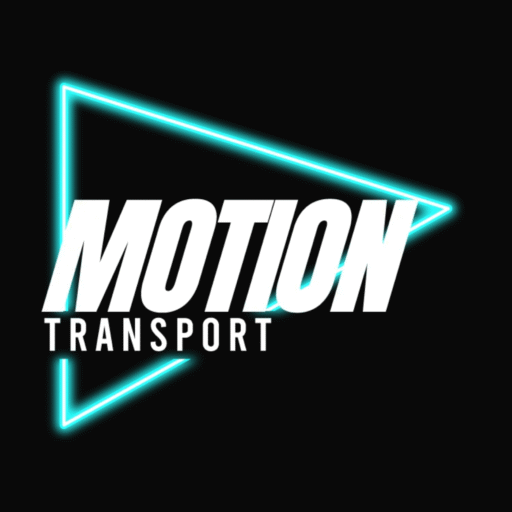Each week we interview one of our members to find out a bit more about them and their work in the Greater Manchester digital sphere. This week we're speaking with real estate investors Barings LLC’s Ian Mayhew to hear more about Landmark and also their plans to use digital and tech to influence the property world.
What does your organisation do?
Barings LLC (known as Barings) is a $303+ billion (as at 31 December 2018) global financial services firm dedicated to meeting the evolving investment and capital needs of our clients. We build lasting partnerships that leverage our distinctive expertise across traditional and alternative asset classes to deliver innovative solutions and exceptional service. Part of Massachusetts Mutual Life Insurance Company (MassMutual), Barings maintains a strong global presence with over 2,000 professionals and offices in 16 countries.
The Barings Real Estate team offers a broad range of investment opportunities globally across the public and private debt and equity markets. The team invests across all major property sectors with a focus on global relative value and trend-backed preferred strategies.
As a real estate investor and developer, we are currently on site developing the 180,000 sq ft Grade A Landmark office building at St Peter’s Square in Manchester City Centre. When launched after Summer this year, Landmark will offer an exceptional occupier experience with high design, flexibility and connectivity at its core.
What do you think is currently the biggest issue facing the digital and tech industry?
Traditionally, the real estate industry has been slow to adopt advances in technology.
The challenge, therefore, is for the digital and tech industry to ensure developers and landlords embrace technology and embed it into buildings to improve the operational efficiency and user experience. This can be achieved by providing examples of new technologies through presentations from suppliers, combined with case studies from the tech industry, showing if and how these have been successfully implemented. These detailed case studies need to look not only at technical specifications but also at the business case, with careful consideration of pay-back periods and occupier acceptability. In short, it’s awareness and education that is needed.
What is your organisation’s biggest achievement?
It is impossible to single out one biggest achievement given Barings is a diverse organisation. That said, and from a UK real estate perspective, our office scheme at Landmark is the largest ground-up development we have undertaken to date. St Peter’s Square is hailed as a rare example of long-term strategic thinking in a UK city and we are incredibly proud to be contributing to its evolution with Landmark. As Manchester’s most prime business district, St Peter’s Square has rapidly become a hub for the city. Its huge transformation has seen the expansion of the Metrolink, refurbishment of historical buildings, investment in the creation of new assets, and development of a new public realm, all helping to create a world-class square. Landmark has received overwhelming support from Manchester City Council as the final piece of its vision for St Peter’s Square and the Civic Quarter.
What would you consider to be your organisations biggest challenge?
As mentioned above, the real estate industry is slow to adapt to technological change. We are not in the tech industry per se, but the challenge is to understand how and where it can be utilised in our buildings. It is often easier to embrace it when developing an entirely new building as the owner is starting with a blank canvas. Certainly, the technological infrastructure of Landmark has played an important role in the design and construction of this property. However, making a business case for investing in technology whilst a building is occupied can be challenging. The complexity of lease arrangements, varying lengths of tenure and the split incentives (between owner and occupier) often conspire to frustrate potential improvements. Retrofitting existing buildings is not always straight-forward therefore but we acknowledge that we must try to incorporate technology across our existing real estate portfolios where possible.
What do you think the future looks like for Manchester’s digital and tech sector?
Incredibly bright. Manchester has a high number of creative industries businesses along with a large millennial population. Additionally, there is a talent pool of highly skilled graduate workforce backed up by universities excelling in research and computer science. Manchester has long been recognised as having a dynamic and leading digital and tech sector and this can only be strengthened through continued investment into the sector.
Tell us something we might not know about your company?
Barings has a strong sense of social responsibility and this forms an important part of Barings’ corporate culture. In the UK, we have recently announced our partnership with Change Please, the award-winning coffee company that trains the homeless community as baristas. We have just launched our first permanent coffee kiosk at Goodge Street underground station, backed by the Mayor of London and Transport for London.
The Barings’ Change Please kiosk serves a range of gourmet coffees, hot drinks and snacks, and will mean coffee drinkers will have access to high-quality coffee that gives back to society. In addition to providing barista training, Change Please supports its trainees with accommodation and mental wellbeing and pays the Living Wage.
For more information please visit







